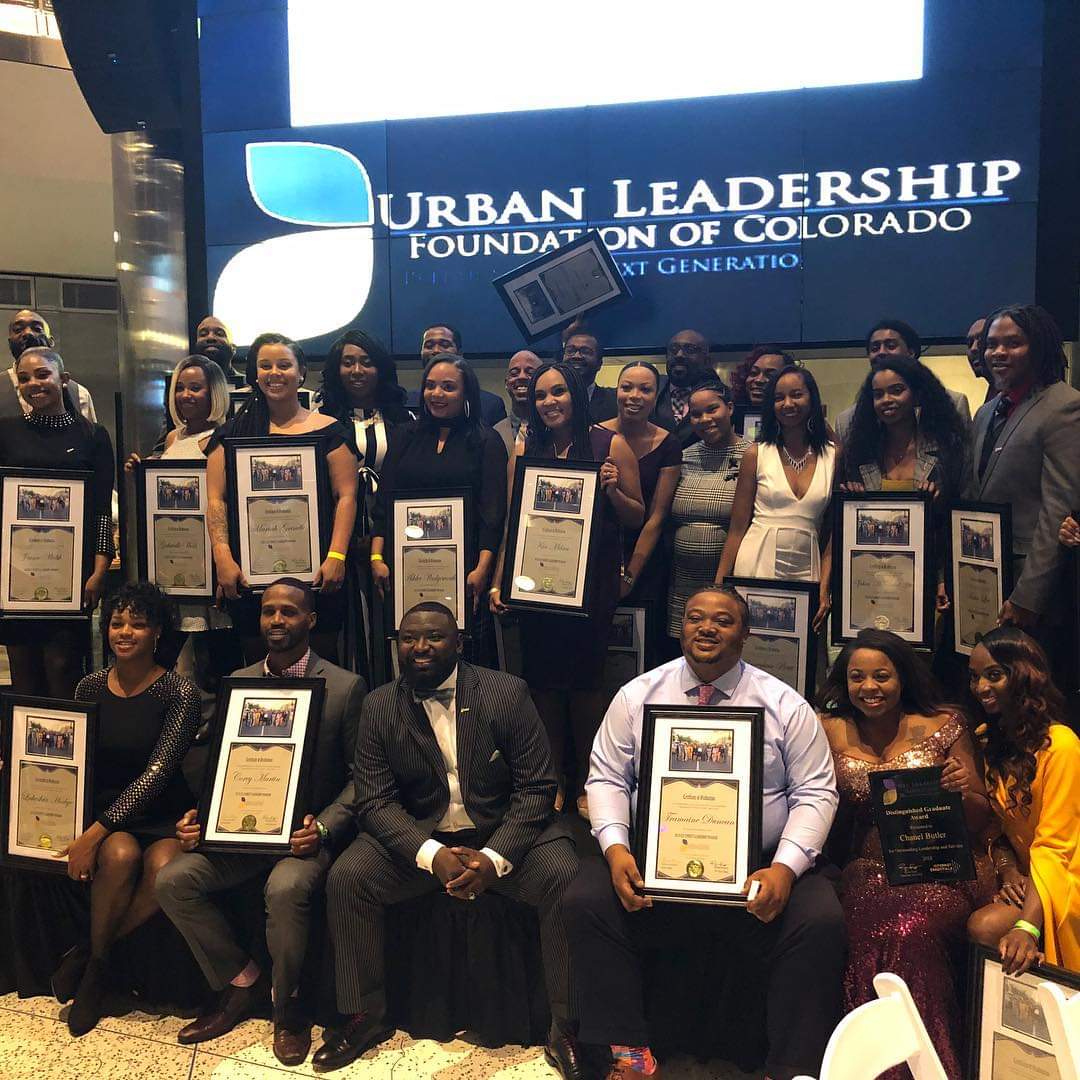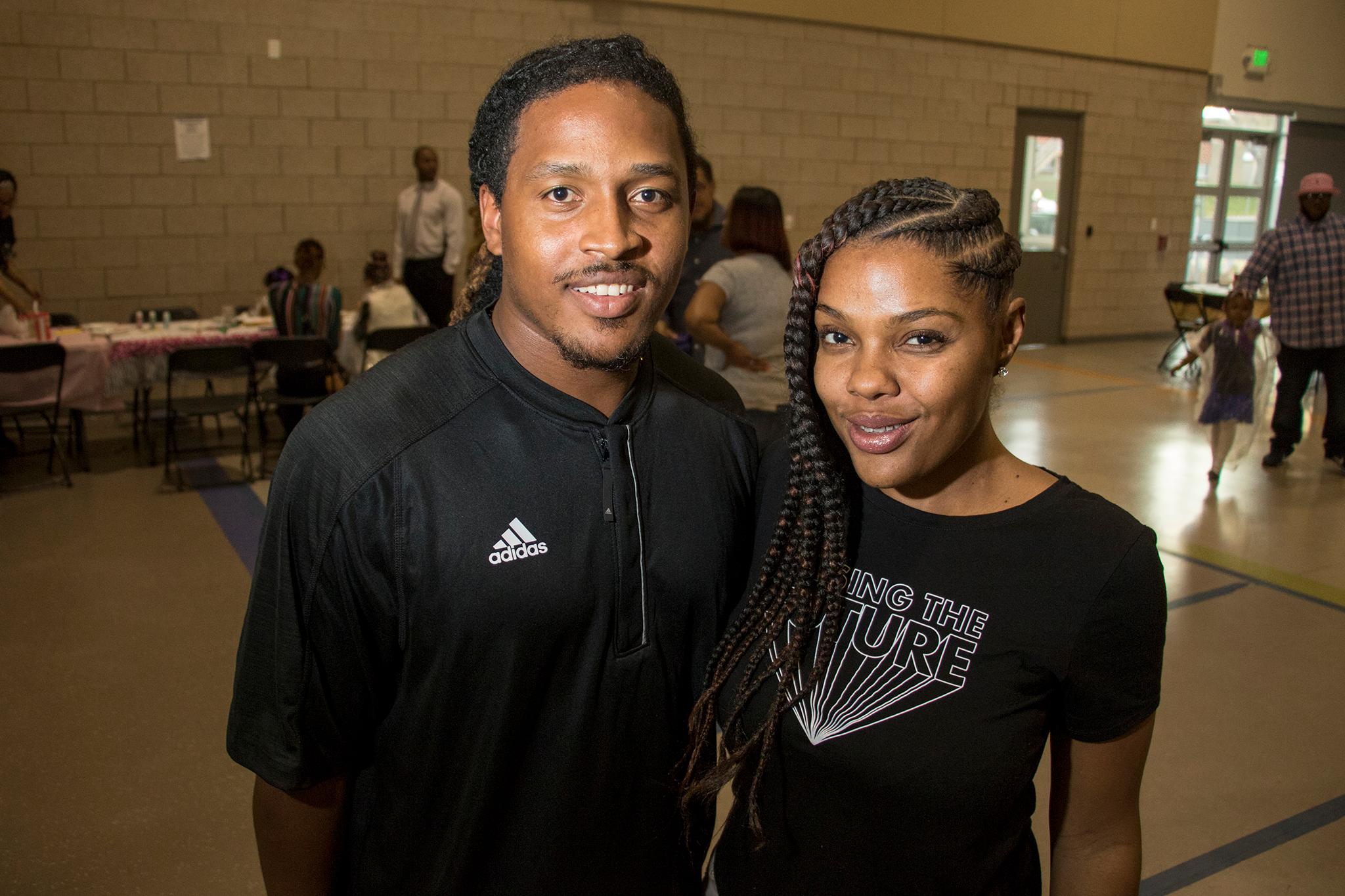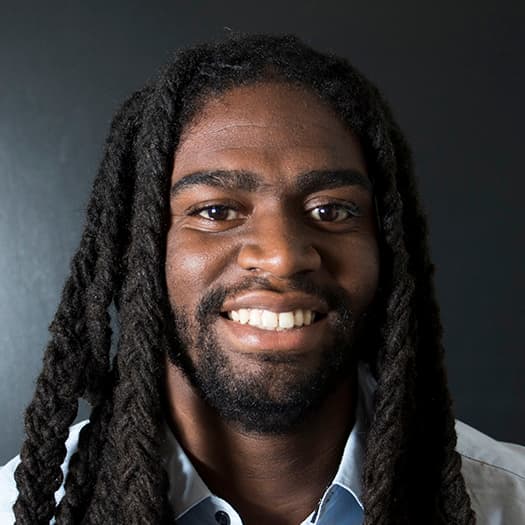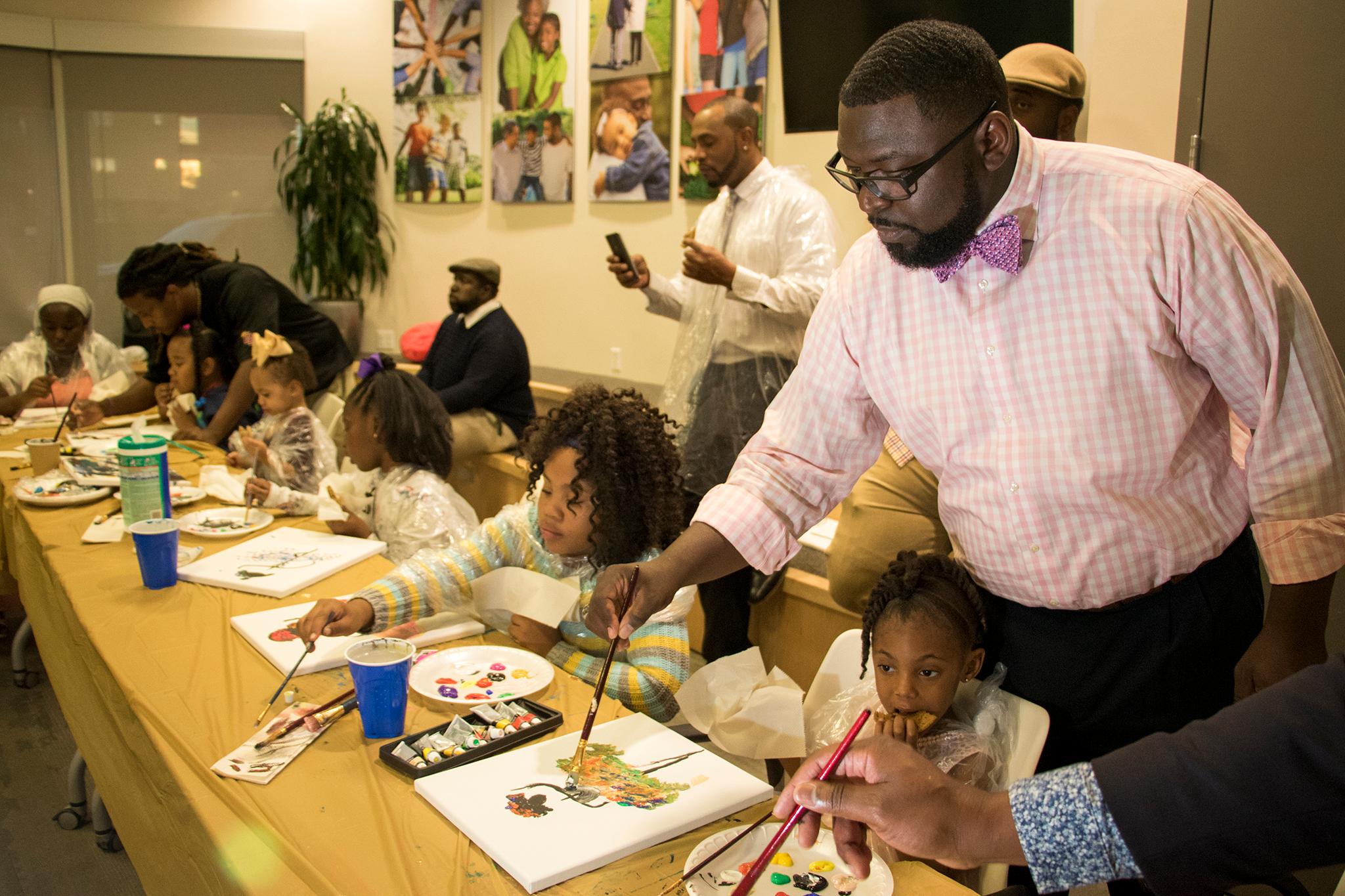With its 12th graduating class out the door, the Urban Leadership Foundation of Colorado (ULFC) continues its push to make sure talented black professionals have the same opportunities as everyone else in the state's thriving economy.
Since it was founded in 2007, the ULFC has trained leaders of color in how to progress professionally and personally, and created a support network for them to lean on in times of need or to contribute to in times of excess. The leaders the organization has produced have been propelled to the top of their fields, from business to social justice and just about everything in between.
"We have so many people form so many different backgrounds and so many walks of life, we're not limited to one lane and one capacity," Jasmine Elizabeth, founder of J. Elizah Consulting and a ULFC alumna said.

Ryan Ross, the president of ULFC who has held a leadership position in the program for more than a decade, says the diversity of their participants is one of their major strengths.
"There is there is no one size fits all to leadership or one certain look for leadership. Leaders can lead in their own individual lanes," he said.
This opened-ended approach to defining what a leader can be is especially important in the city of Denver, where black people, especially young professionals, can find themselves feeling isolated in their careers.
"Through the classes, business and connecting with other super dope black influential leaders, I was able to see this is something you could do for yourself. Especially being a resident of Denver and a lot of time being surrounded by people that don't look like you and being one of if not the only black folks in a room, ... It kind of reminds of you of an HBCU where you're just in a space where everybody's dope and familiar," said Gabrielle Bryant, president of the Colorado Association of Black Journalists, digital media director for Mayor Michael Hancock's office and a ULFC alumna.
There has been a lot of talk recently about how representation matters and in many industries like journalism, law and STEM, there is a need for more of it. Ross pointed out that spaces where people of color are well represented can be safe and welcoming places for self-improvement.
"One of the things that being in room full of people that look like you does is it increases your confidence, it also gives you a place to be vulnerable so you can find your strength, your voice and take that out into the community," Ross said.
Bryant said that through the program she was able to gain the confidence to quit her previous job and understand how to wield influence. During her time in the program, she said, she was able to improve on practical skills that later helped her navigate her professional journey. She noted that displaying a high-level level of confidence and aptitude has been reported to be difficult for black people in primarily white spaces because it's often discouraged or suppressed by people in positions of authority.
"It goes back to the psychology of being seen. So many times in new spaces, African Americans feel like they're the only, or they don't exist, or they subscribe to this belief that they're less than or don't matter. ULFC helps them build their confidence and build their identity. 'You are important,'" Ross said.
Fostering that type of environment is a mission many in the community can get behind and Elizabeth noted that one of the reasons the foundation remains strong is the support of community members and alumni.
"Other foundations are impressed with how many alums participate in our events. There's black excellence and community all in one place. Why wouldn't you want to be around that?" Elizabeth said.
Some notable alums from the program include State Rep. James Coleman, Mortenson Construction community participation specialist Marsha Nelson, Ernest Health Inc. CEO Lamar McBride, Kaiser Permanente special projects coordinator Betty Hart and Denver Public Schools coordinator of business development and community partners Michelyn Johson.
The program is also intentionally designed to not just benefit the participants and alumni but the entire city. Over the last 12 years ULFC has put together 38 service projects. They include things like Thanksgiving in July, putting food shelters in DPS schools, putting on plays about mental health and building libraries in Africa.

"Because we are skilled in so many ways it's easy for us to come in the community. ULFC does equip you to take what you have and use it outside of the four walls," Elizabeth said.
Ross said unlike some other organizations, ULFC believes that leaders have a responsibility to give back to their communities.
"We have a lot of board members who are individuals who pour into our leaders as faculty. Every year they come back because they're some of the best people at what they do and they believe in the mission. They know the path is that much easier because they believe in the concept that everybody eats. As you climb you're supposed to reach back and bring somebody else with you," Ross said.
Another benefit of the program, according to Ross, is accountability.
"People can't say, 'We can't find talented African Americans.' That's no longer an excuse," Ross said.
"We help move the city and state forward by pushing this equity conversation. The goal is to make sure somebody is at the table and encouraging somebody to 'come with me.' This is a leadership training ground for the next generation of leaders. It helps future leaders make the kind of decisions that take us from a reluctant existence to an existence of excellence and equity."













